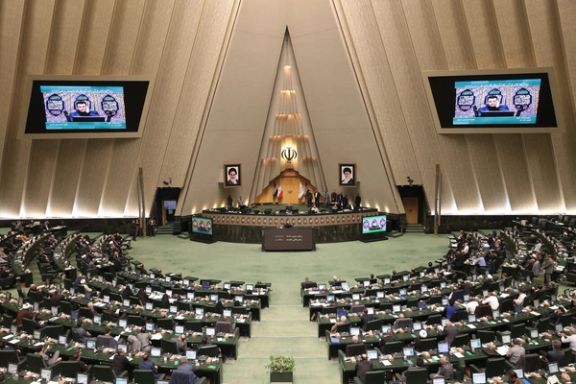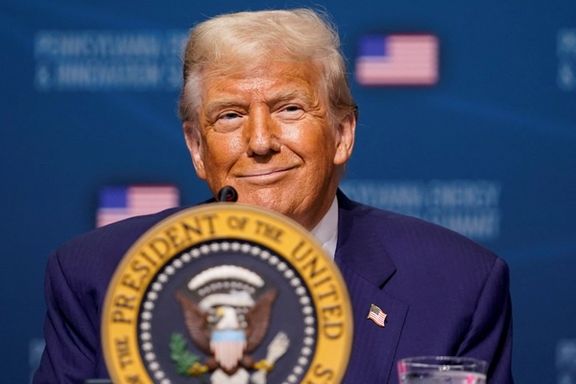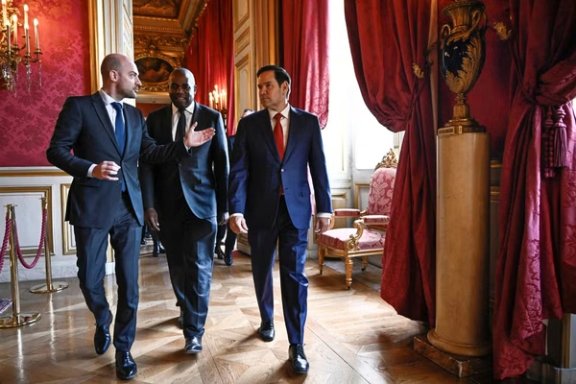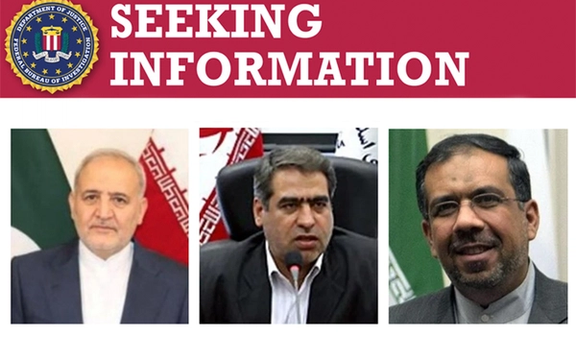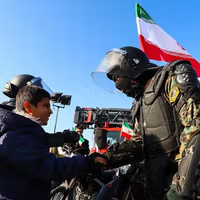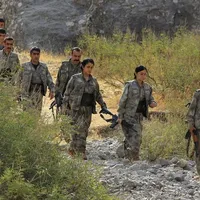“When the US uses negotiations as a tool to deceive Iran and to cover for sudden military attacks by the Zionist regime, talks cannot continue as before,” members of parliament said in a joint statement read during an open session by MP Ahmad Naderi, according to state media.
While the tone of the statement points to demands such as security assurances, respect for sovereignty, and a fundamental change in US conduct, lawmakers did not outline any specific or actionable preconditions.
The declaration came one day after US President Donald Trump said he was in “no rush” to resume talks and pointed to last month’s airstrikes on Iranian nuclear facilities as leverage. “They would like to talk. I’m in no rush to talk because we obliterated their site,” Trump said Tuesday.
Parliament says no new talks without guarantees
The lawmakers said any new diplomatic engagement must be conditional and guided by Iran’s top leadership. “Preconditions must be established, and until they are fully met, no new negotiations should take place,” they said.
They accused the US of deliberately using the appearance of diplomacy to enable Israeli military action and warned that Iran would no longer engage under the same terms. “The American president, while pretending to favor diplomacy, authorized a direct attack on our nuclear infrastructure,” the statement said.
Lawmakers framed the issue as part of a larger campaign to undermine Iran’s sovereignty. “The goal is to weaken and divide the country,” they said. “But our response must be unity under the commands of the Supreme Leader.”
Iran faces pressure as Europe moves toward snapback
The warning came amid growing pressure from the US and its European allies, who on Monday set an end-of-August deadline for Iran to return to the nuclear deal or face the reimposition of full UN sanctions under the JCPOA’s snapback mechanism, Axios reported.
The snapback mechanism, created under UN Security Council Resolution 2231—which endorsed the 2015 nuclear deal—allows any party to the agreement to reimpose sanctions if Iran is found non-compliant. If no resolution is passed within 30 days to continue sanctions relief, all prior UN measures automatically come back into force.
The US, France, Britain, and Germany said Iran could avoid snapback only by providing new assurances over its nuclear activities. A US official told Axios that Trump was frustrated by Iran’s refusal to return to talks and wants any future discussions to be direct.
“The snapback is leverage,” the official said. “And Witkoff has told the Iranians clearly: no intermediaries this time.”
Parliament defends law limiting IAEA access
In the statement, Iranian lawmakers also defended their recent vote to restrict cooperation with the International Atomic Energy Agency, saying it was a response to security threats following the June airstrikes.
“The Parliament of Iran has voted for a halt to collaboration with the IAEA until the safety and security of our nuclear activities can be guaranteed,” the lawmakers said.
Tehran says it has not ended cooperation with the International Atomic Energy Agency despite the new legislation. Instead, future coordination with inspectors will be managed by Iran’s Supreme National Security Council, Foreign Minister Abbas Araghchi said earlier this month.
“Iran remains committed to the NPT and its Safeguards Agreement,” Araghchi wrote on X, rejecting reports of a full suspension as “fake news.”
He said the shift in procedure was necessary due to rising security concerns. “Under the new law, all cooperation with the IAEA must go through the Supreme National Security Council,” he wrote.
Lawmakers target IAEA and Western states
Iranian lawmakers accused the IAEA of legitimizing military aggression by sharing sensitive information with hostile governments. They also criticized Germany and other European states for backing US and Israeli actions.
“The IAEA and its partners must understand that until Iran is assured of no further violations, no new information will be handed to spies and aggressors,” the statement said.
The IAEA said inspectors remain in the country and await clarification from Tehran. But tensions have continued to rise, with a senior Iranian judicial official recently threatening the IAEA chief with trial in absentia.
Iran signals no retreat from enrichment
The Pentagon said last month’s strikes had degraded Iran’s nuclear program by up to two years. “We have degraded their program by one to two years, at least,” Pentagon spokesman Sean Parnell said.
Araghchi confirmed “serious and heavy damage” to the Fordow facility but said Iran would not halt enrichment. “Enrichment is a matter of national pride and glory,” he said.
Lawmakers echoed that stance. “We will not allow anyone to use the language of pressure and expect submission,” they said. “Diplomacy is not surrender—it is another front in the war.”


